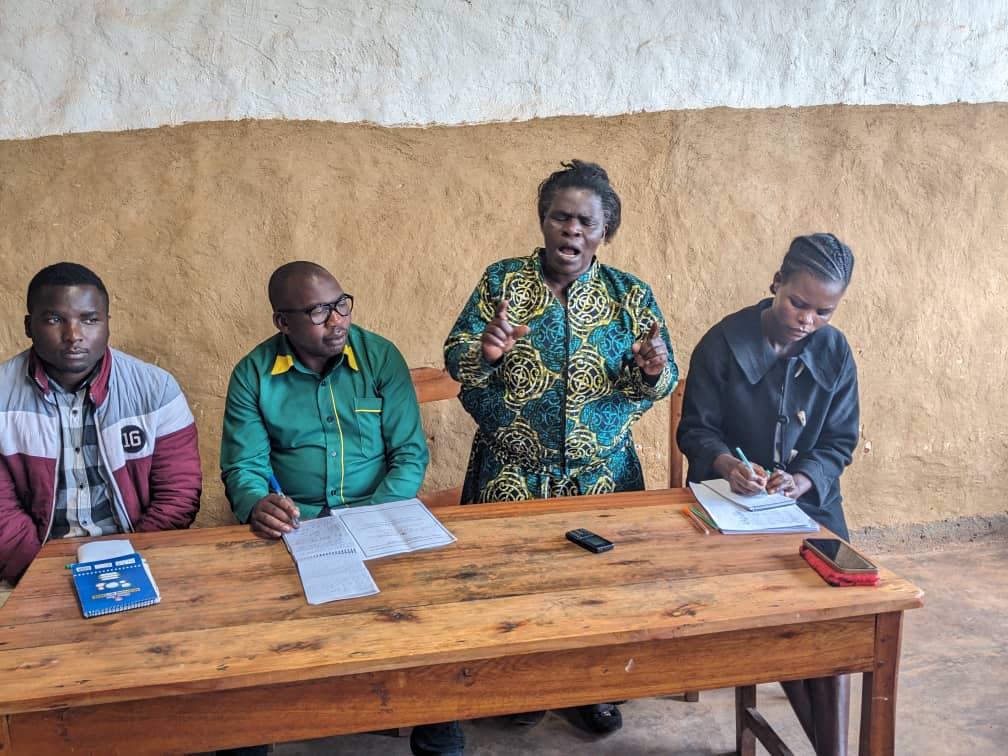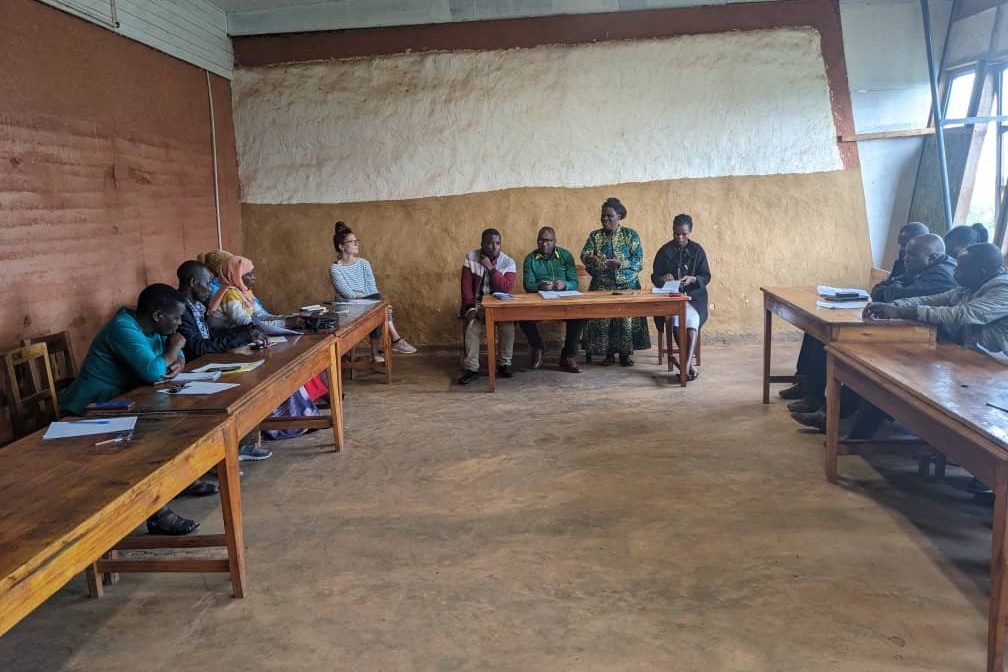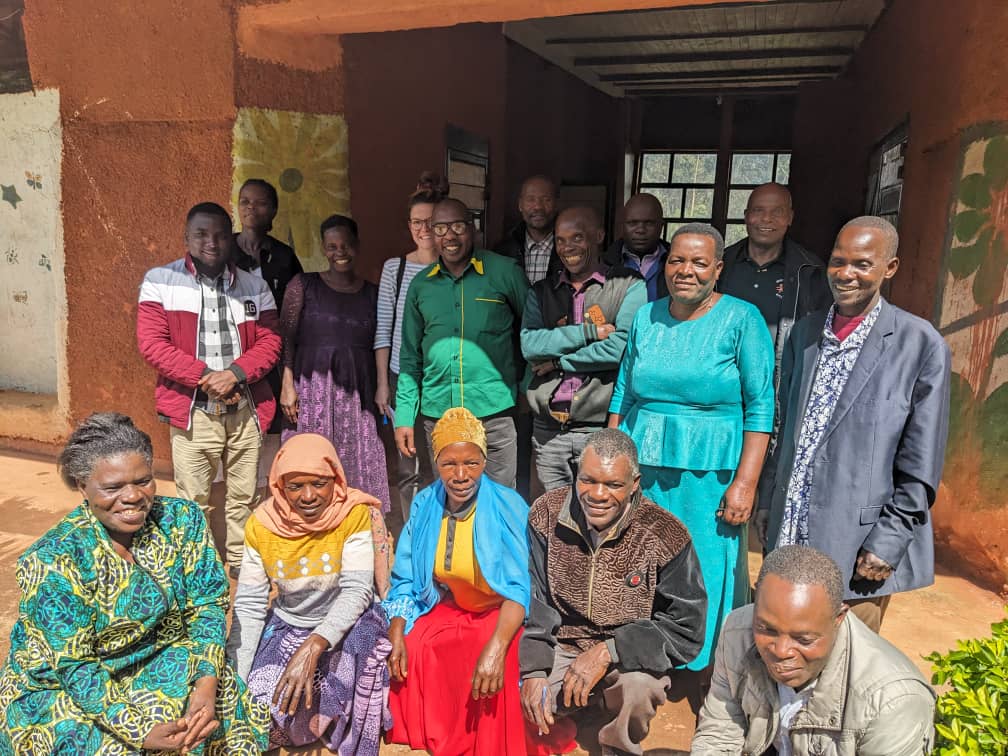Community-based and self-determined
The project region is characterized by a very large number of orphaned children.
In order to prevent the social dislocation of the children, RDO is implementing a community-based approach for supporting these orphans in their homes.
Home-based Support Program
Neighbors, relatives and volunteering attendants are selected by dedicated village communities to take care of the orphans by organizing supporting activities.
This approach supports the village communities and schools with the development of strategies for self-help as well as the promotion of the integration of the orphans.
The support program consists of the following type of services:
- Education
- Distribution of goods
- Emergency funds (medical treatment, crops)
- Support of active groups
- House construction and renovation
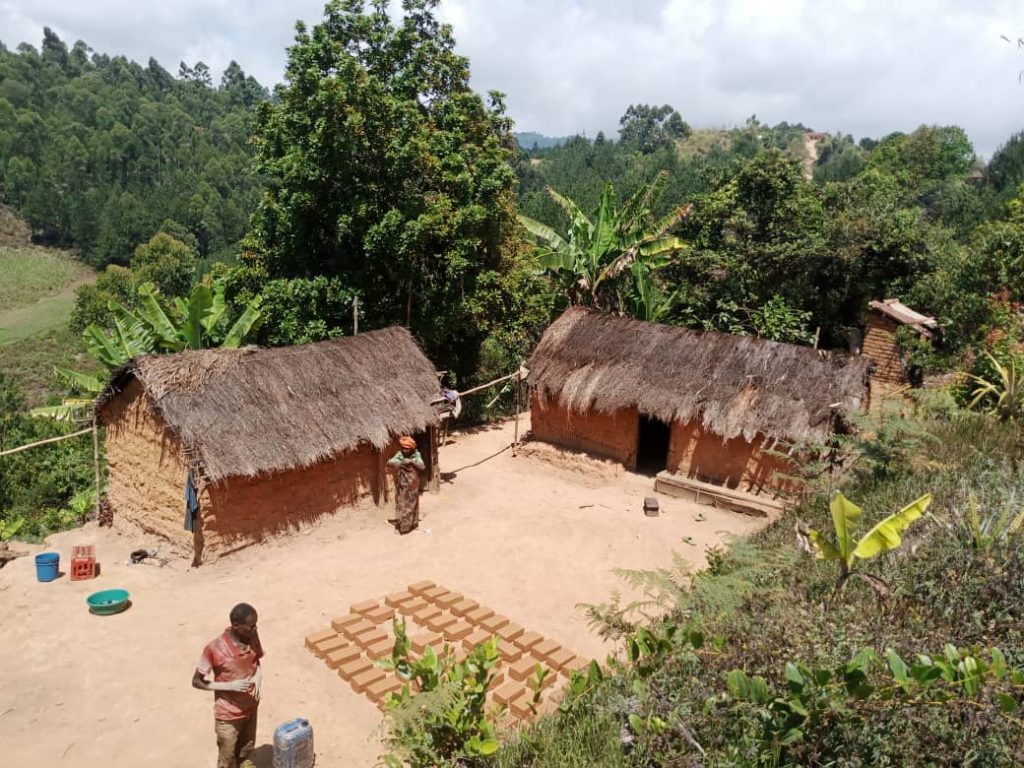
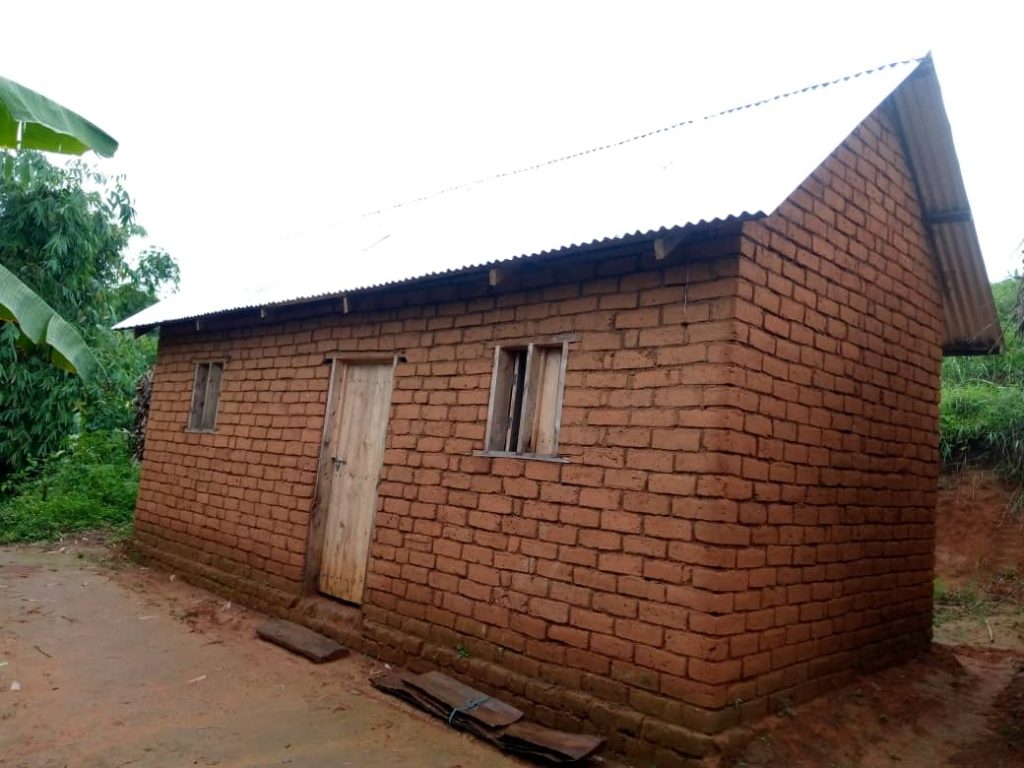
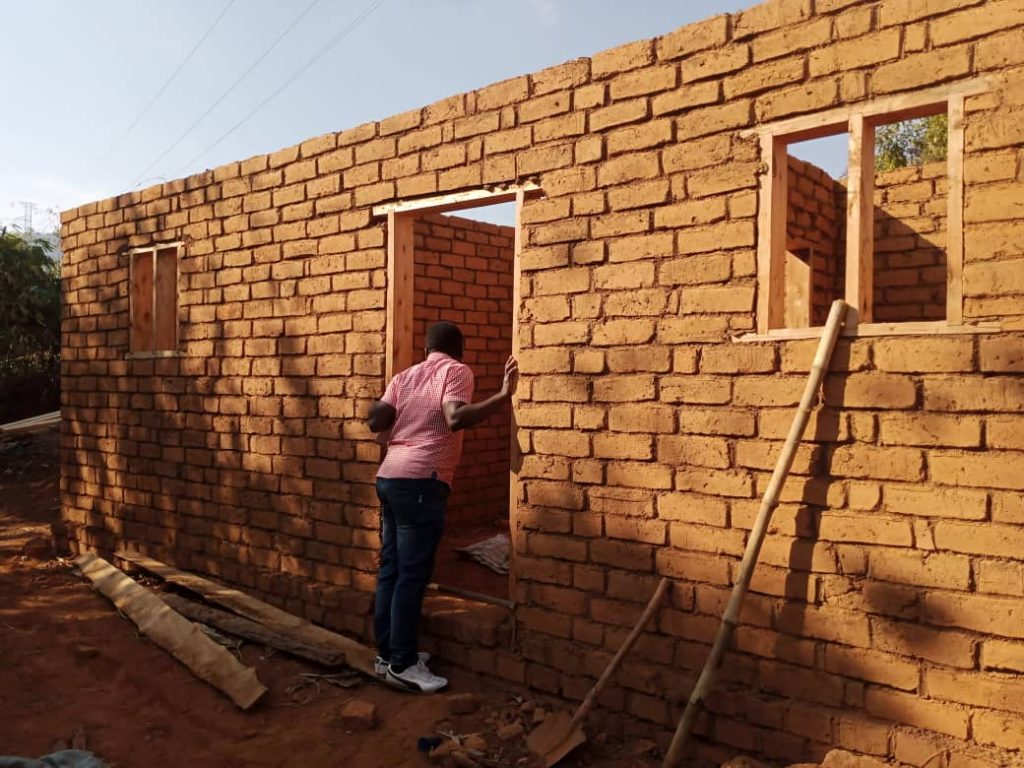
Sustainability Through Structures & Revenue
RDO bring the sustainability through the following;
- WATA’s prepaid water systems reduce wastage and generate funds to sustain orphan care and hygiene programs, fostering a socially just revenue model.
- RDO Jamii Lodge has established as part of collecting fund to make sure sustainability of Orphan Support Program.
- Establishment and Supervision of Beekeeping projects provide steady income through honey and wax sales, helping families meet daily needs. Families use earnings to buy food, clothing, and pay school contributions, improving children’s education access. Low startup costs and sustainable practices make it ideal for rural communities. With training and expansion, families gain long-term financial independence and resilience.
- Avocado farming offers long-term income through high-value fruit sales, enabling poor families to meet basic needs. Profits from harvests help pay for food, healthcare, and some children’s education expenses. Sustainable and low-maintenance, avocado trees provide economic security for years with minimal input.
Entrepreneurship groups are being establishing and emphasized as a tool for building economic sustainability and breaking the cycle of poverty. These groups encourage collective action, resource sharing, and small business development in rural community.
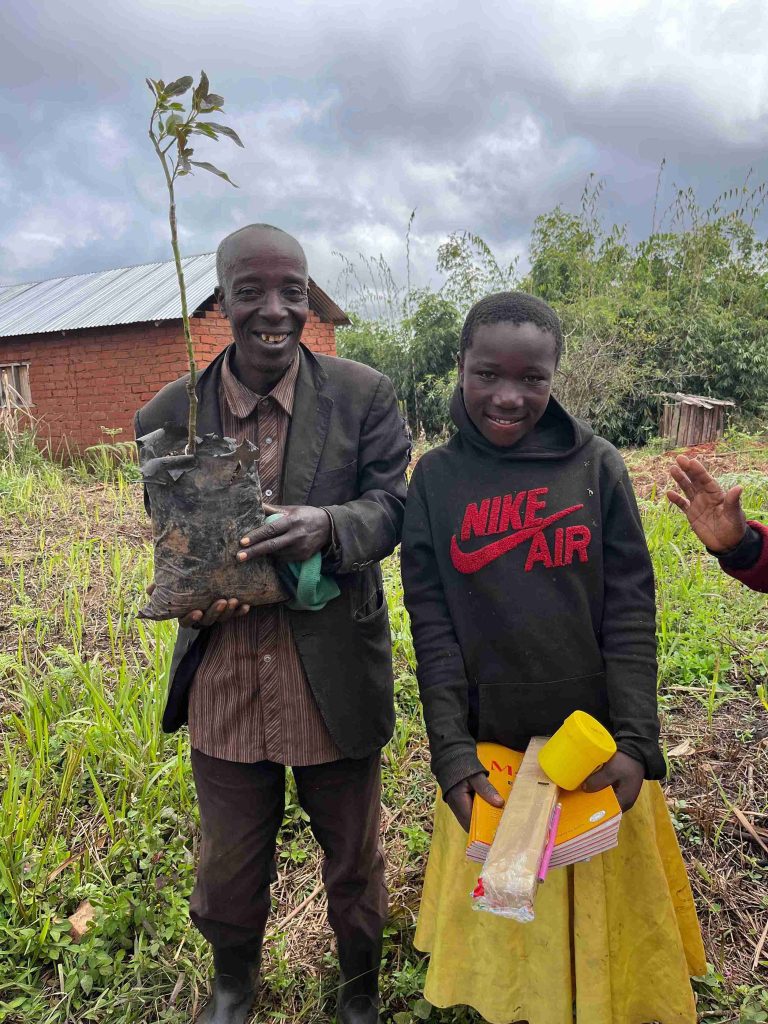
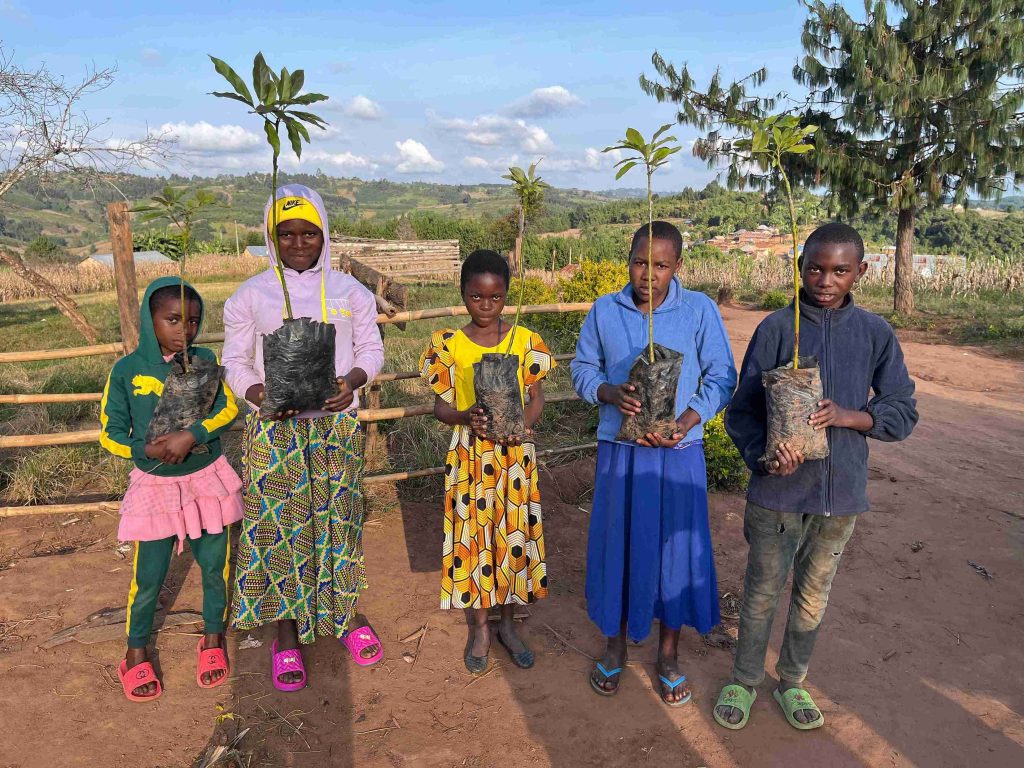
Foundation for an Autonomous Future
Advantages of a home-based approach for supporting the orphaned children include:
- Avoiding of social dislocation of the children
- Integration of the children in the schools (primary school, secondary school, vocational school) of their home region
- Significantly lower costs as well as a rise in expenditures which is benefiting the region
- Prevention of impoverishment and rural exodus after being released from the orphanage (typically after primary school)
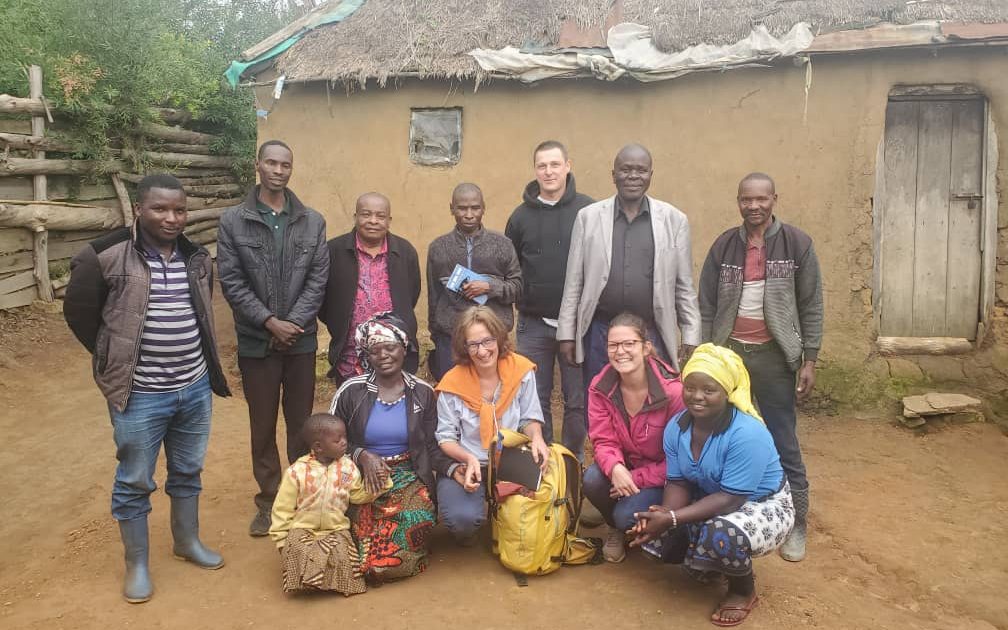
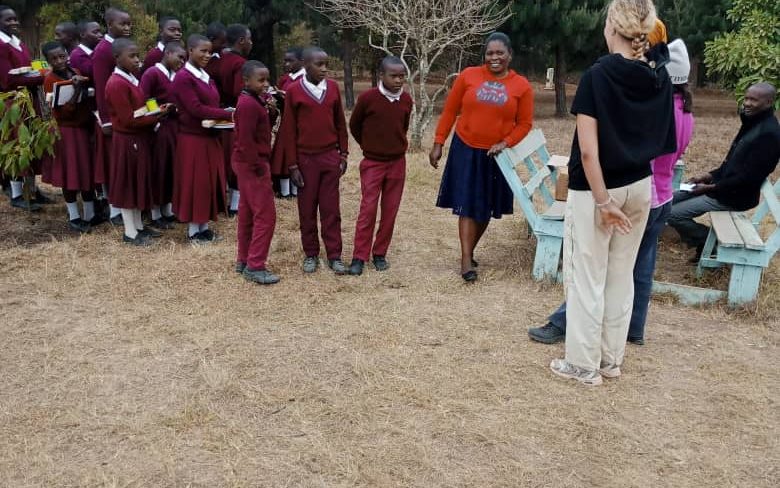
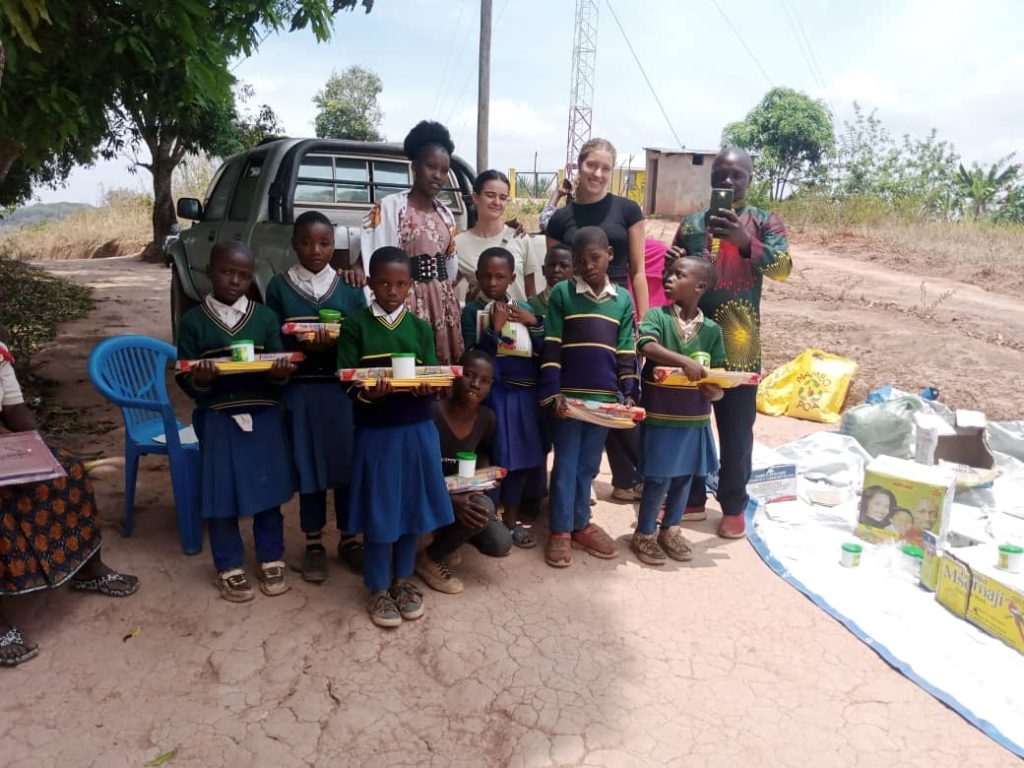
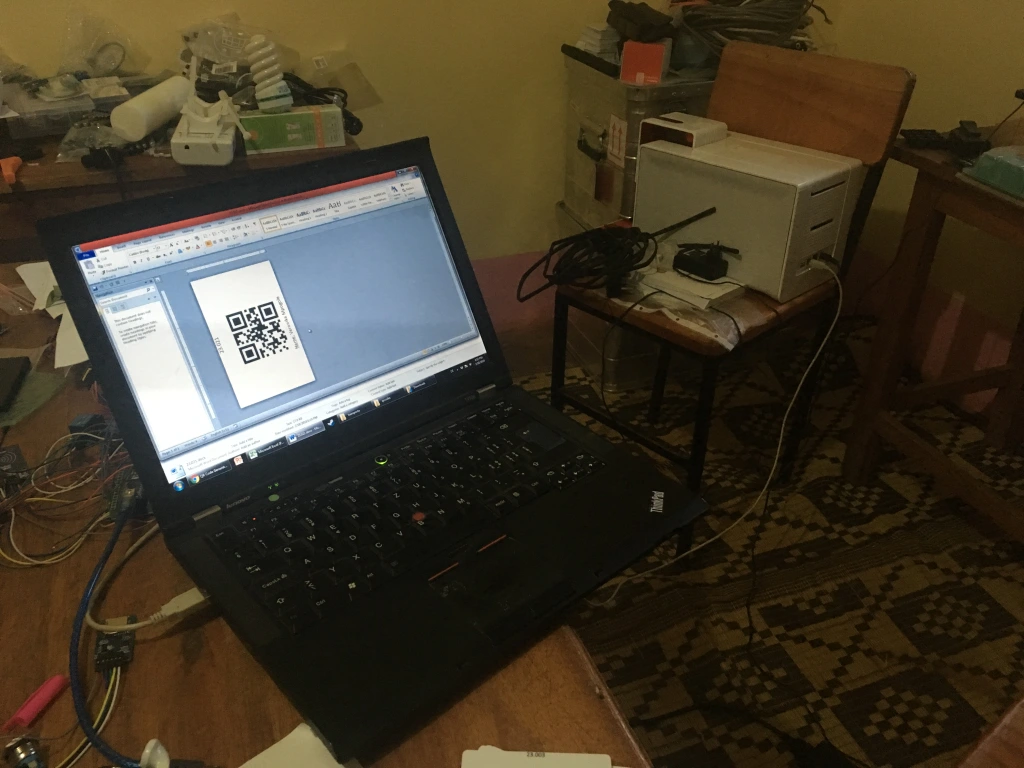
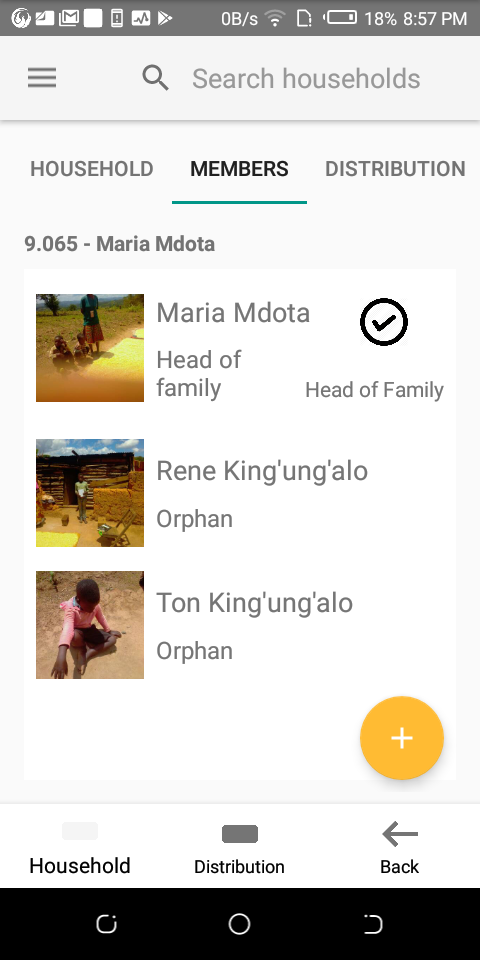
Smartphone App
Austrian technical university Fachhochschule Vorarlberg developed a novel solution for managing the large amounts for information concerning the RDO home-based orphans project households and activities: on top of a dedicated database, a smartphone app provides access and the ability to manage that type of information, even when visiting remote households of the project where no network access is available: a sophisticated replication mechanism is seamlessly synchronizing the data across several devices and into a central repository. This significantly supports staff in maintaining up-to-date information which reduces overall workload and which is particularly useful for project planning and reporting activities.
Further information: https://www.fhv.at/forschung/nutzerzentrierte-technologien/laufende-projekte/digitalisierung-fuer-entwicklungslaender/
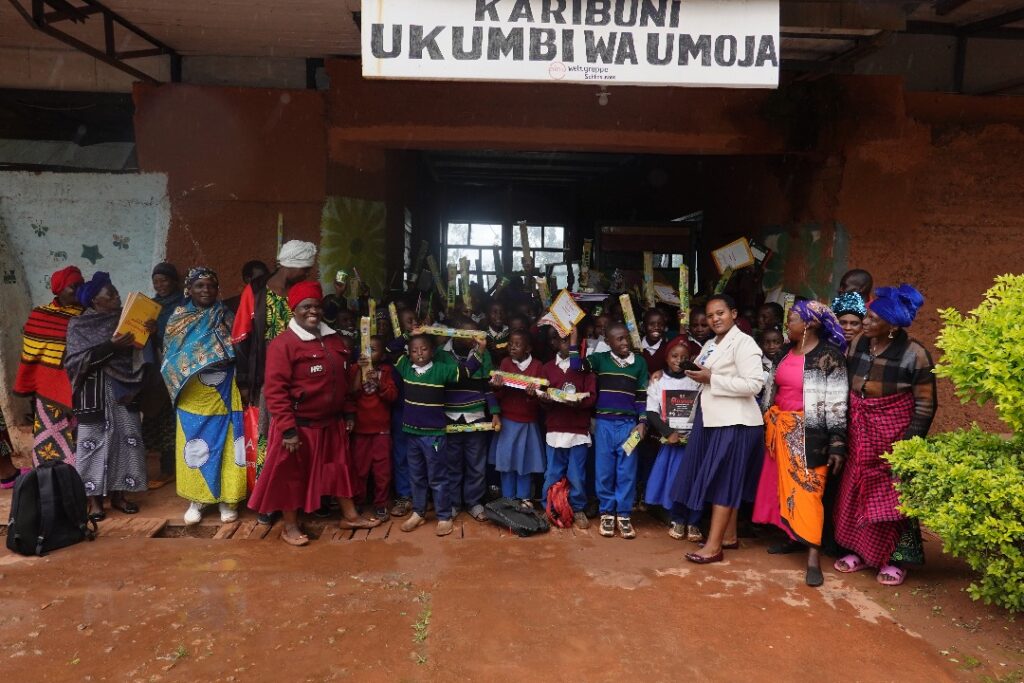
Sanitary Pad Distribution
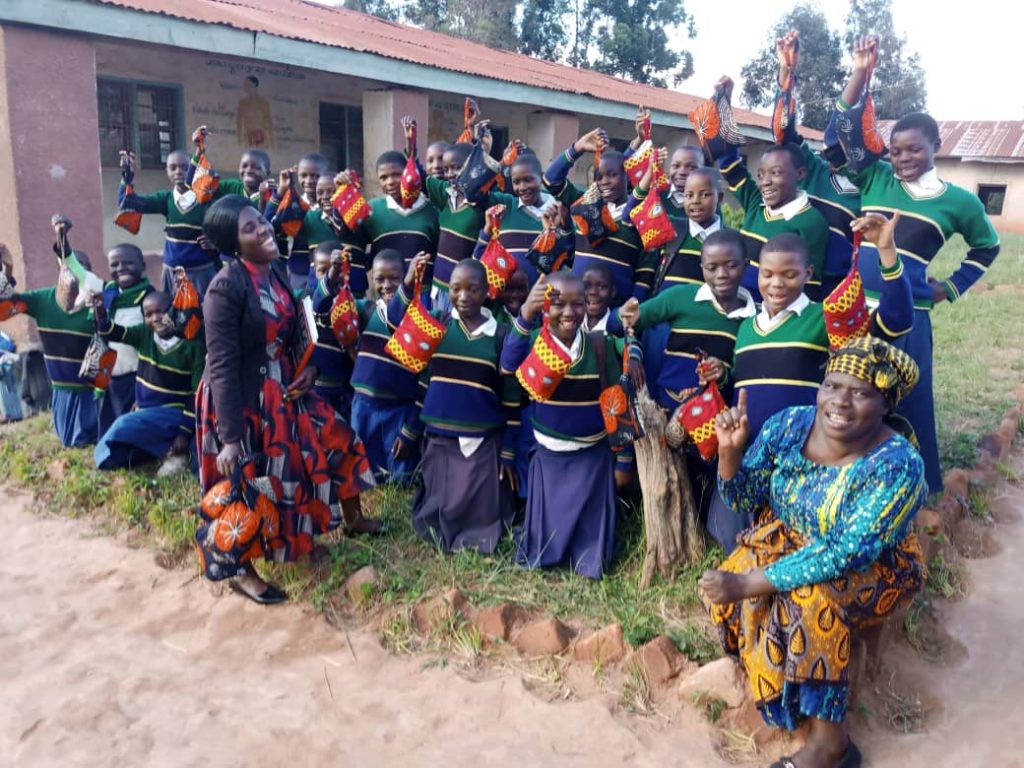
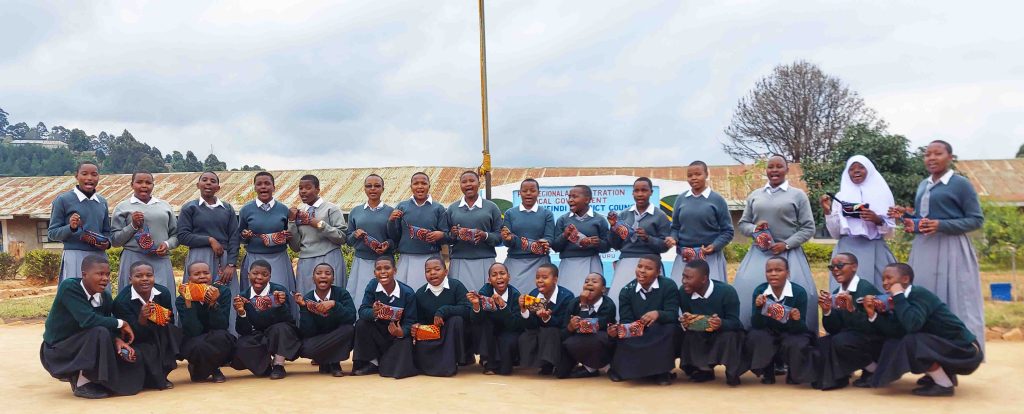
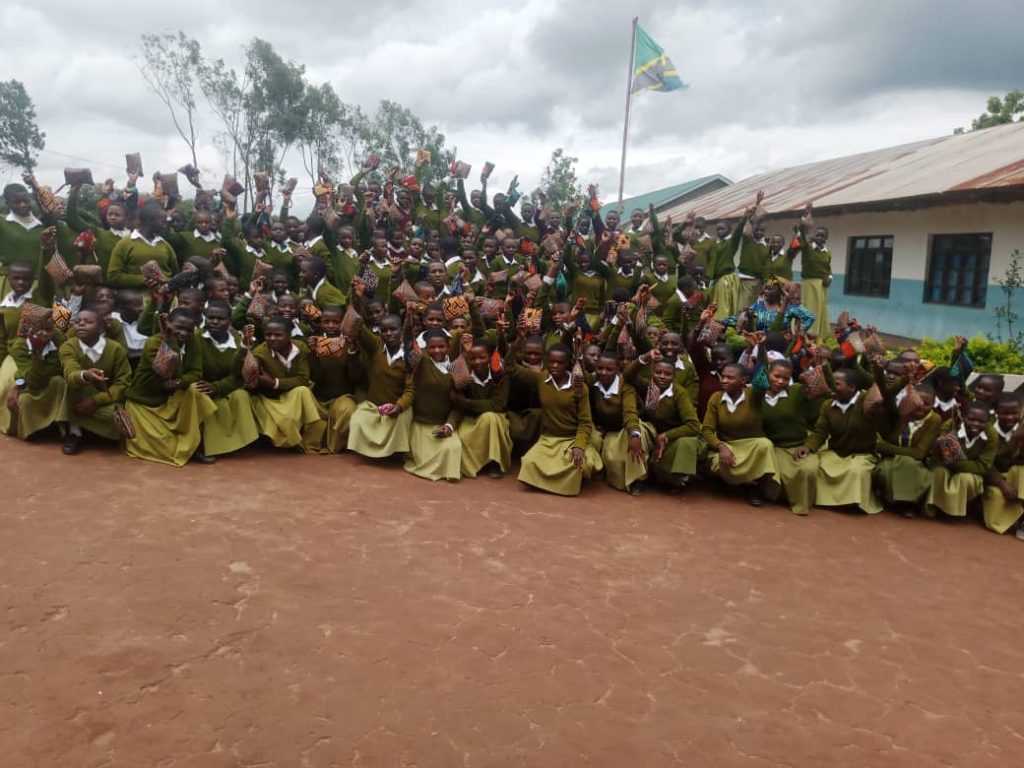
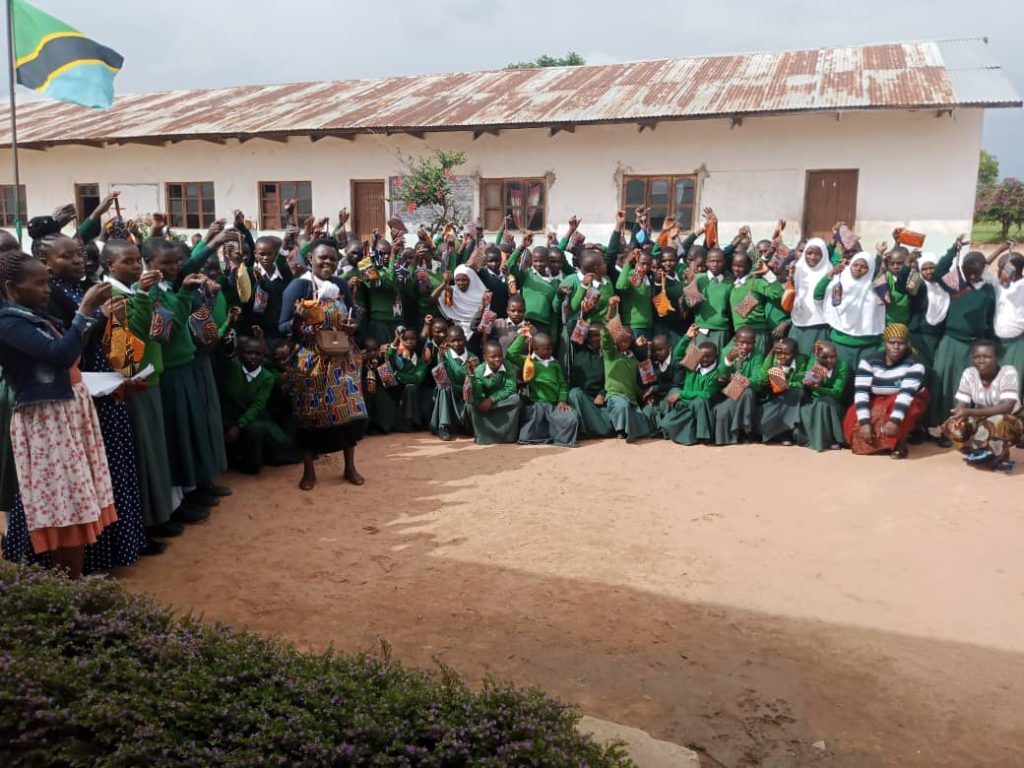
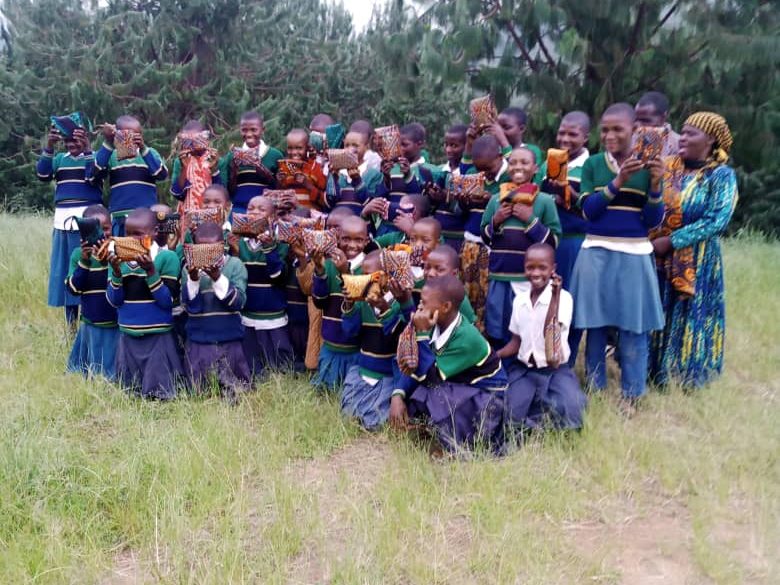
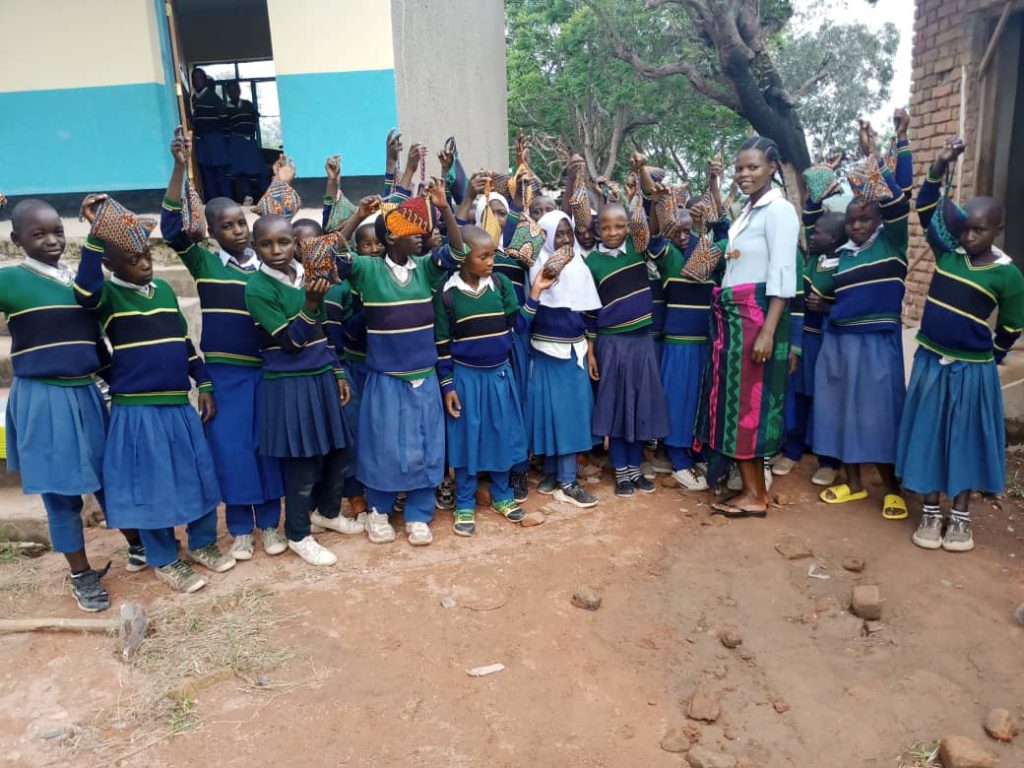
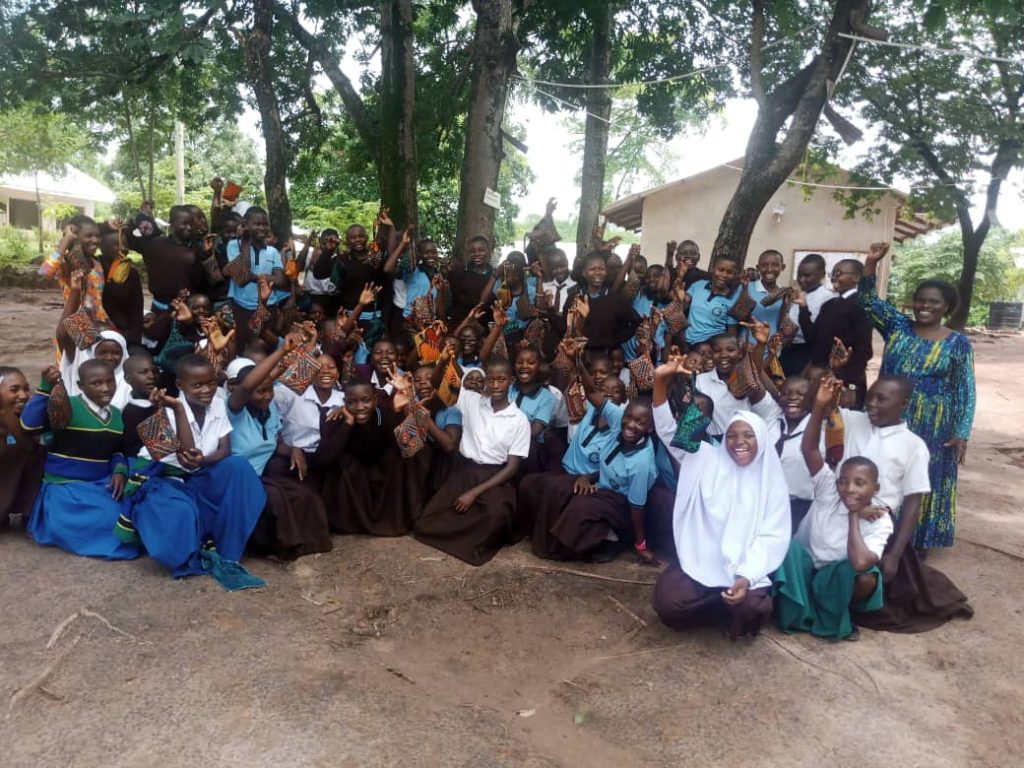
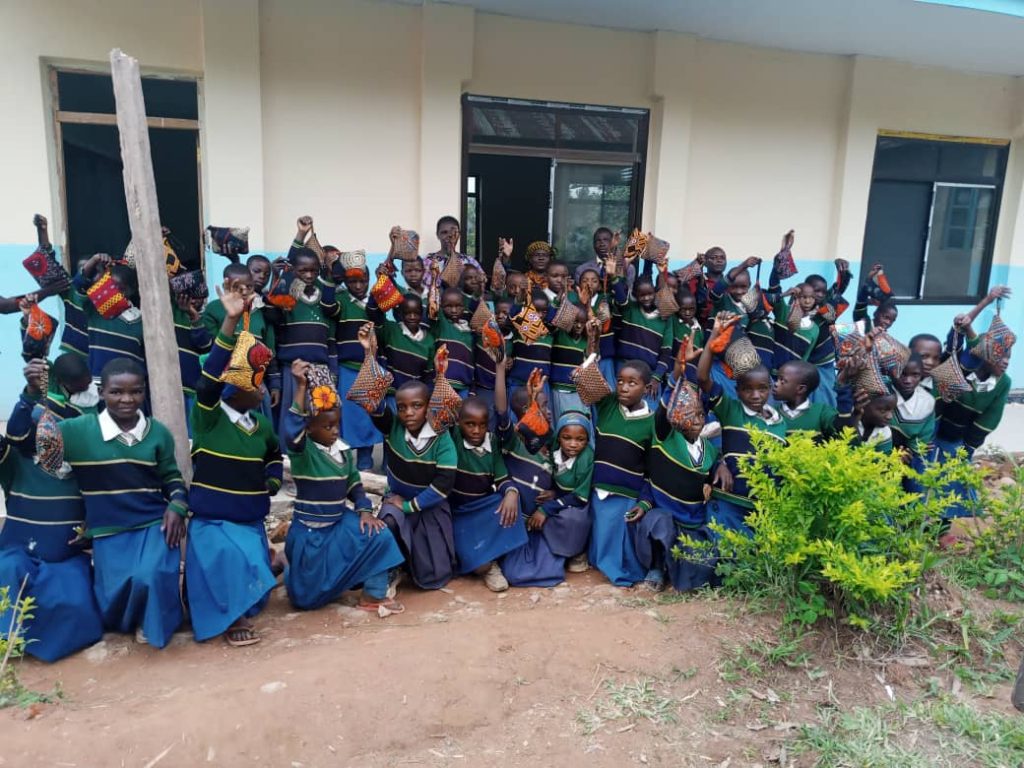
Agriculture Activities
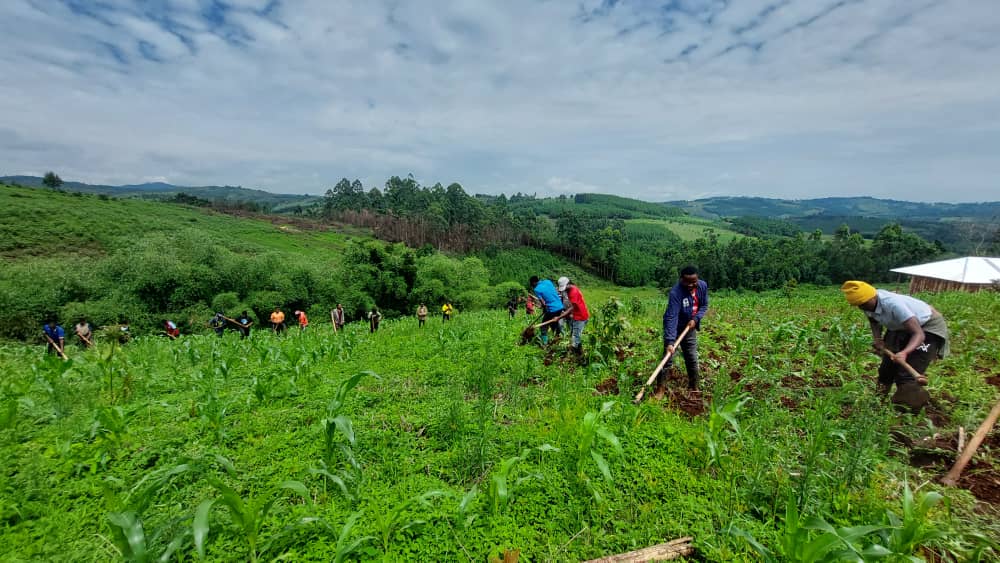
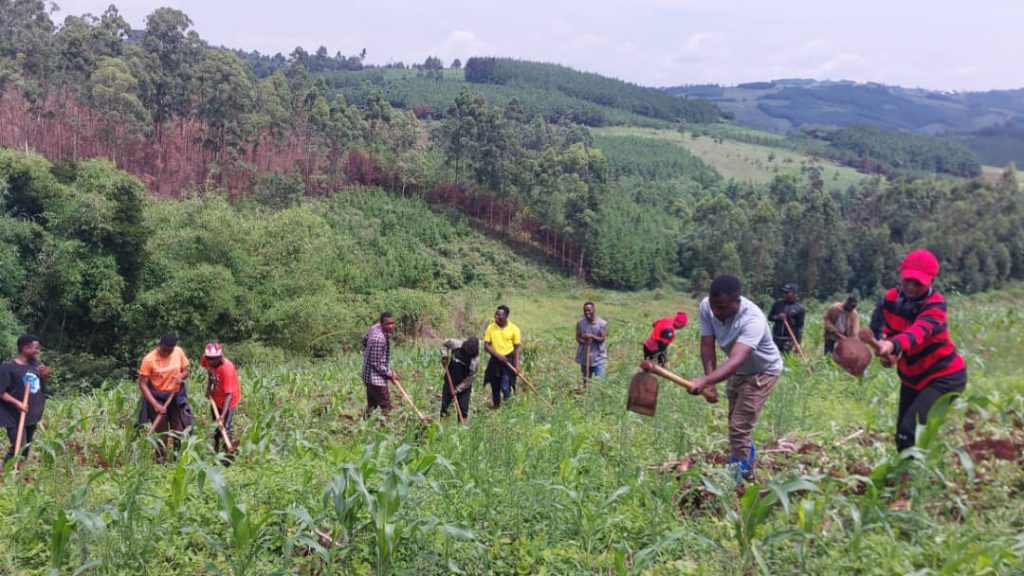
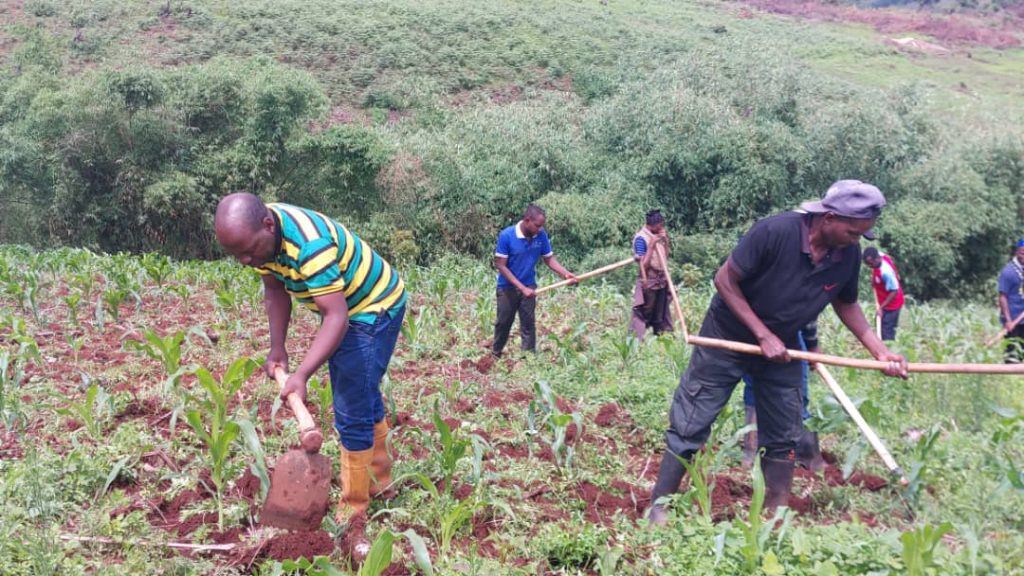
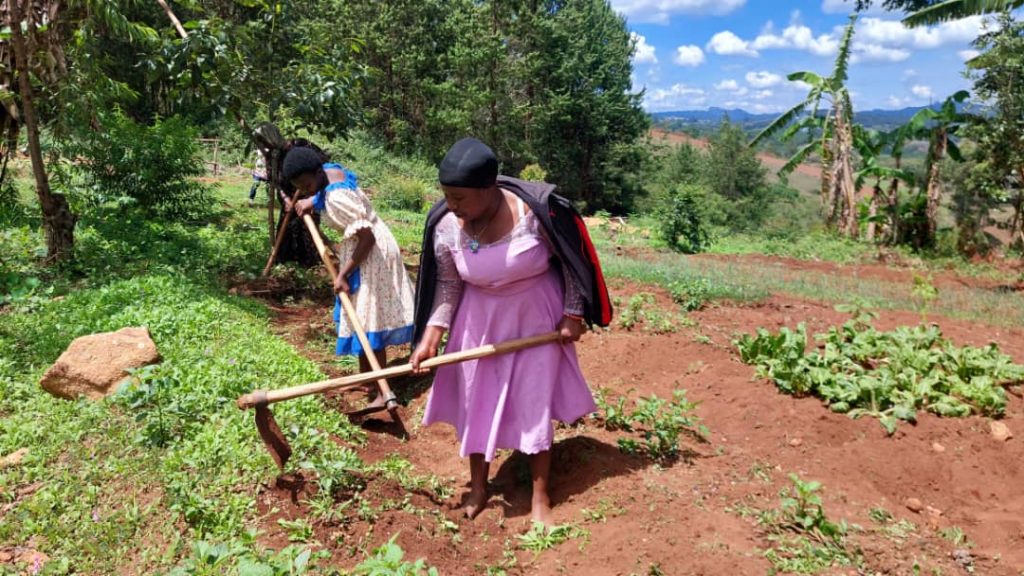
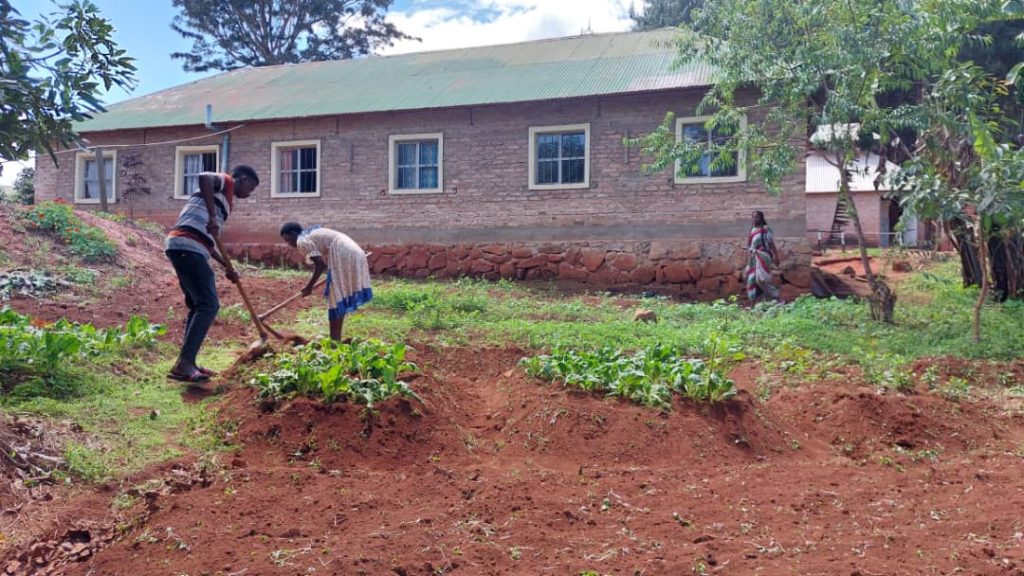
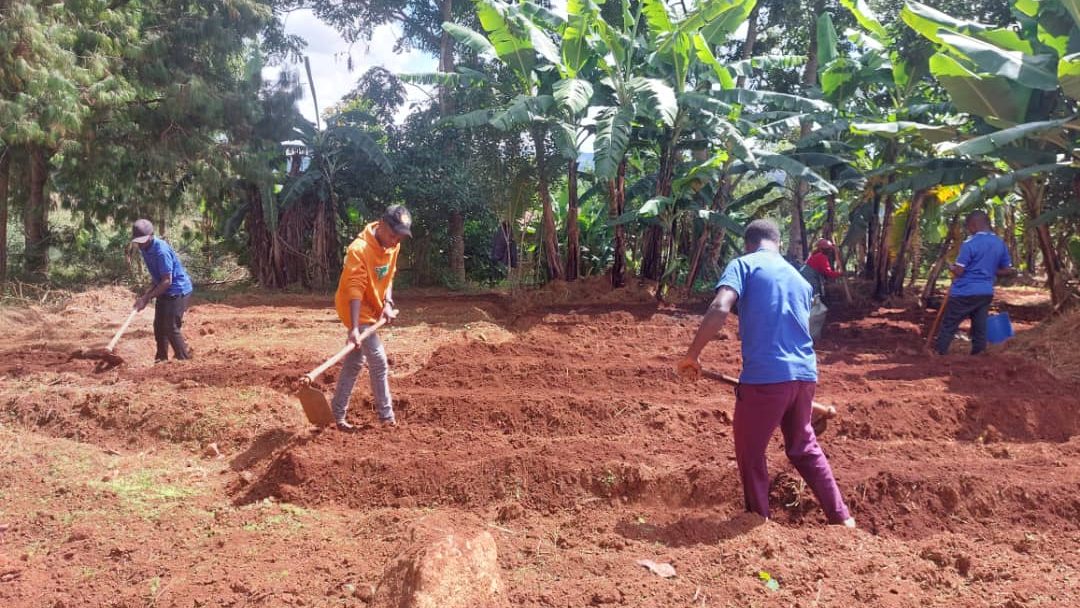
Batiki Training

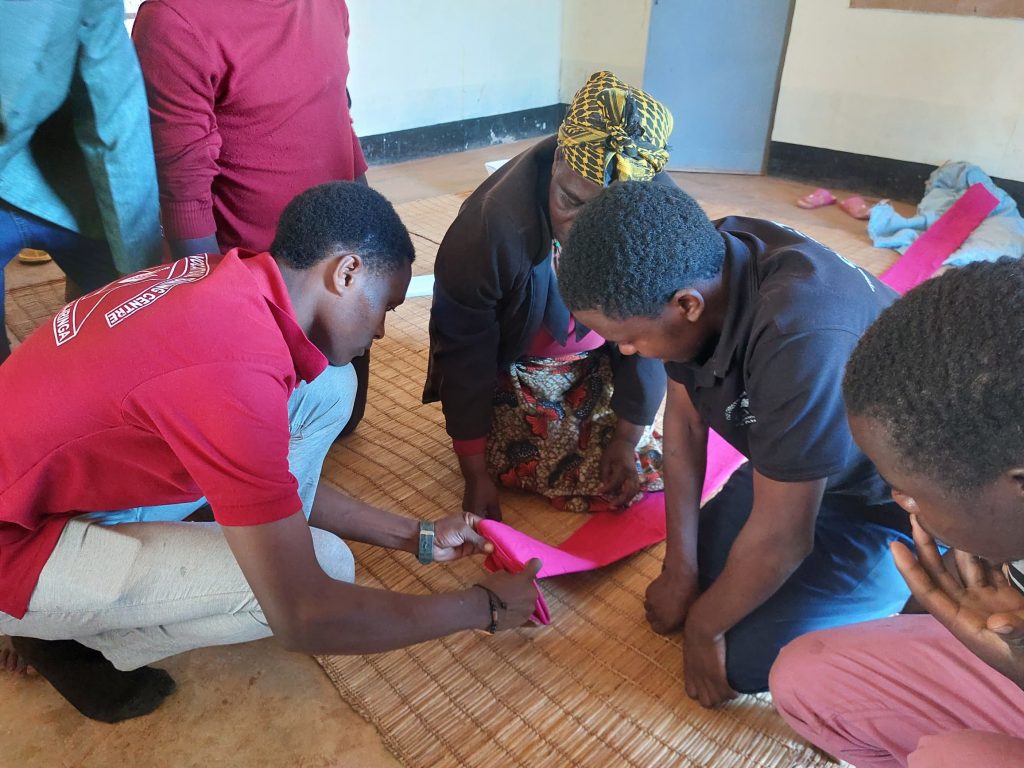
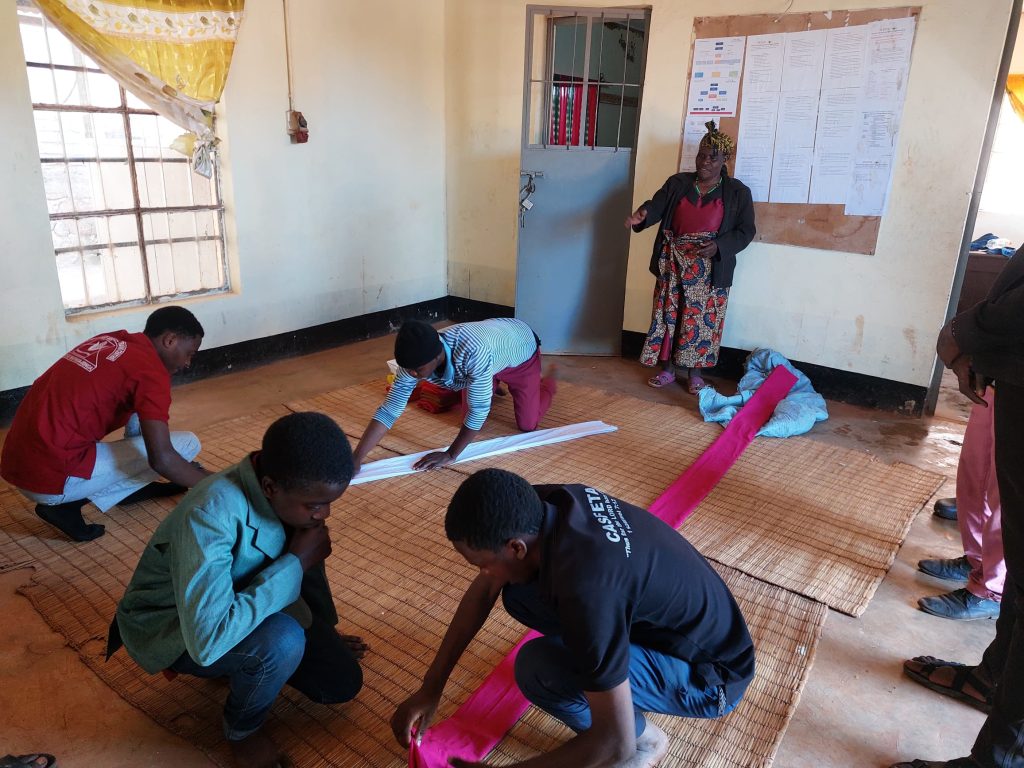
Meet Orphan Team
